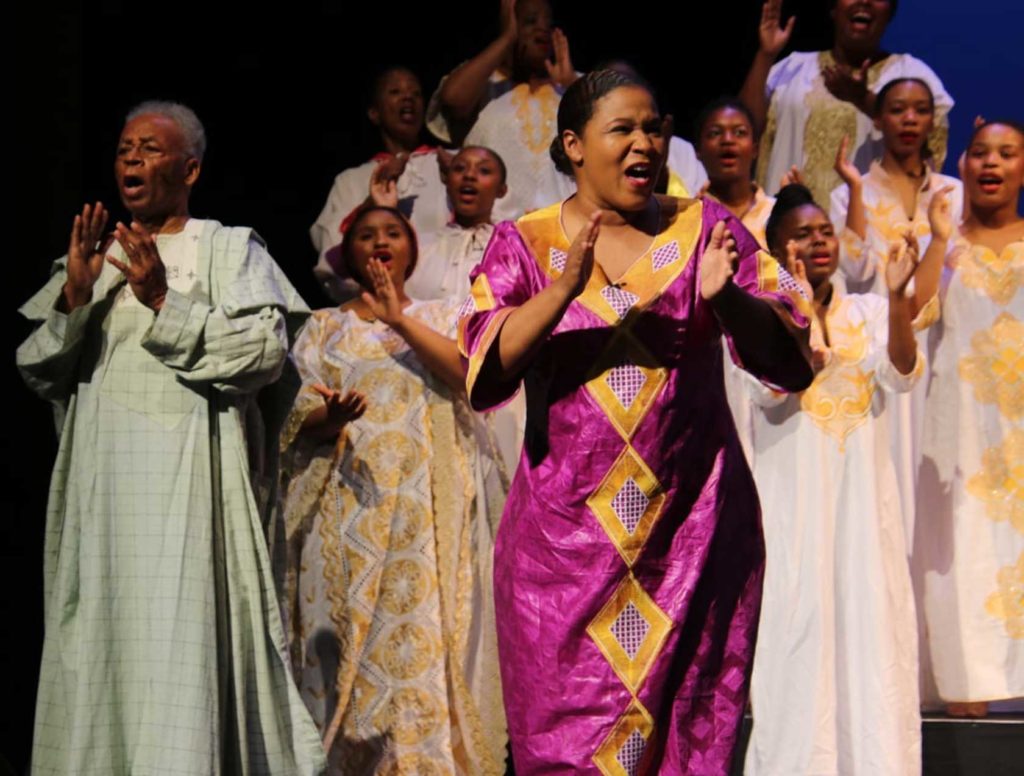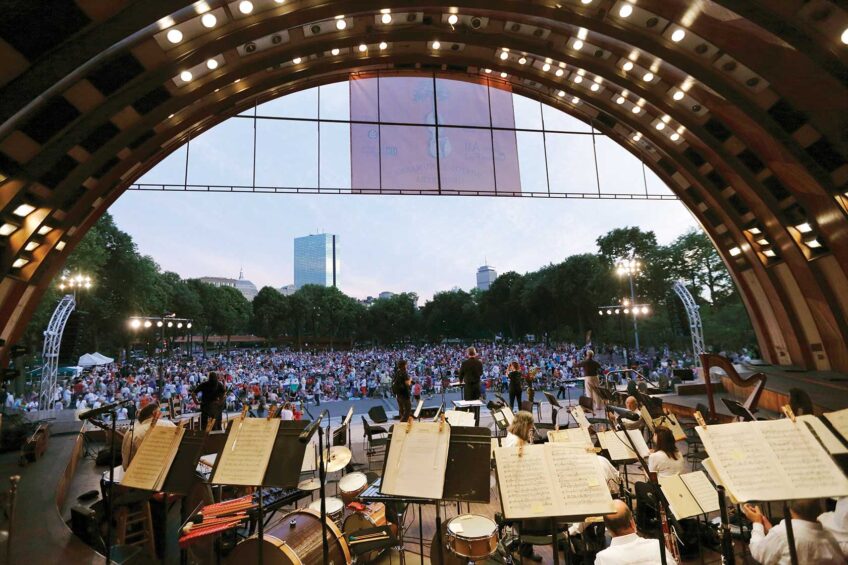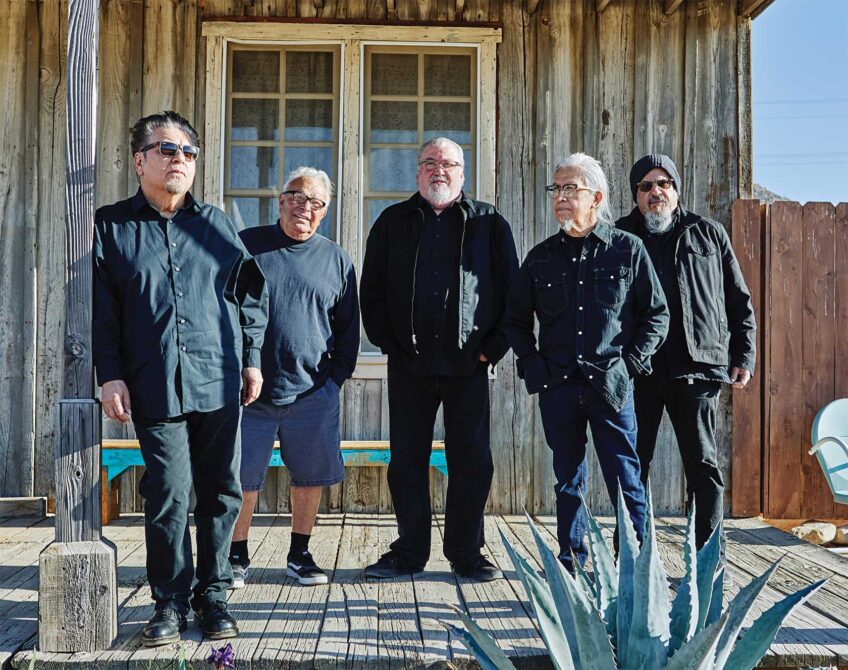‘Black Nativity’ ushers in holiday season
Annual tradition becomes family affair for longtime cast member and ballet mistress

“Black Nativity” finished another successful annual run at the Emerson Paramount Center last weekend. For 52 years, Langston Hughes’ stirring telling of the nativity story has rung in the holiday season in Boston with gospel music, African drumming and a moving dance illustrating the birth of Jesus.
For Desiree Springer, the show’s ballet mistress, “Black Nativity” is the marker of the holidays every year. Springer attended the Elma Lewis School of Fine Arts, where the Boston production originated, and was a singer in the chorus during her school years. Her former husband Stephen O’Neal also attended the school and was a drummer in the show.
As the years went on, Springer grew into her role as ballet mistress, protecting and preserving the show’s original choreography by George Howard.
“Mr. Howard taught a lot of Katherine Dunham’s technique, as well as Afro-Cuban dances. I think they both influenced the dance,” says Springer.
She also has been dancing the role of Mary for many years.
“It’s a character piece. You’re dealing with the pain, the anguish, the worry and the uncertainty of Mary,” she says. “It’s not often that an angel comes to you and tells you you’re going to have a baby.”
In the early days, Springer went through the dance motions, but it was after the birth of her own children, she says, that she was able to really channel the complex emotions of childbirth into the piece. And it was then that “Black Nativity” became a family affair for the Springer-O’Neal household. Both of her children played Baby Jesus and then went on to other roles, her daughter singing and her son drumming. Now Springer’s grandchildren are also involved, playing Baby Jesus or drumming with their grandfather and uncle.
“With the kids and now with the grandkids, it helps teach what the season is really about. It’s not just about the gifts and what you find under the tree, it’s about the birth of Christ,” says Springer. “It’s amazing. It brings us together.”
The show is a community-based production, meaning that the talented performers are not necessarily professional actors or singers, but community members moved by the season to tell the nativity story. In this way, the production serves as an annual coming-together of Boston’s Black community to celebrate the season.
Springer says seeing audience members who have attended the show for decades warms her heart. And for all viewers, she says, “I want them to take away happiness, joy, the reason for the season. Whatever their religious belief or nonreligious belief, I want them to take away hope, joy, love, happiness.”









